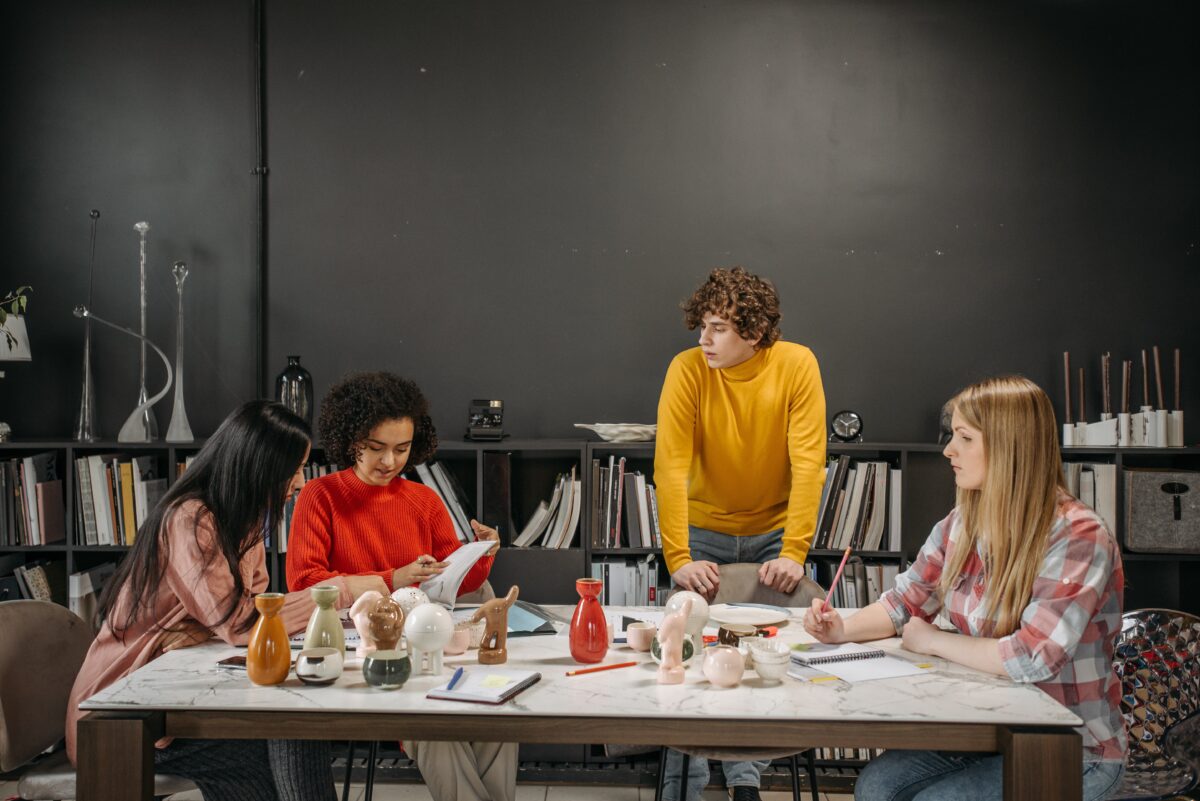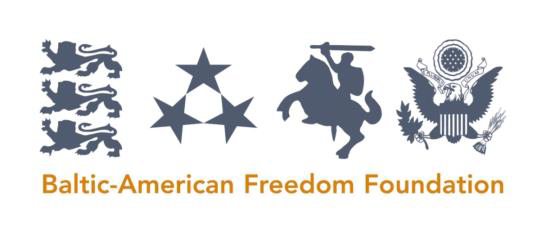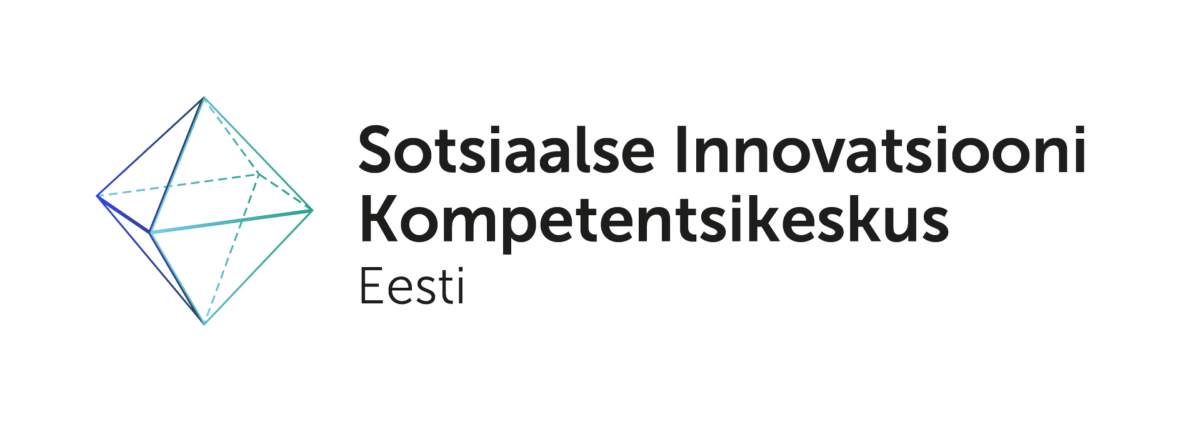The National Foundation of Civil Society invites you to the free international webinar
BEST COLLABORATION PRACTICES IN PLANNING AND IMPLEMENTING SOCIAL INNOVATION
June 7th, 2022, at 13.00-16.30 (EEST)
Creating clarity on what lies behind the phrase ‘social innovation’, how we can implement it and make it work for ourselves.
Those interested in social innovation and increasing the impact of their organization are invited to take part in an inspiring webinar taking place on June 7th. Speakers encourage the use of smart approaches to address the challenges facing society in an innovative way. Through presentations, participants gain the knowledge and motivation to innovate and increase the impact of the organization.

Dr. Debbi D. Brock, a tutor in the field of System Change at Catalyst 2030 in the United States, draws on her many years of experience. Debbi introduces the possibilities of social innovation and shares the clever approaches that have brought change in the United States and other countries.
In addition, Evelyn Valtin, Coordinator of the NFCS Social Innovation Competence Center project in Estonia, gives an overview of the social innovation objectives and programs in the European Union and Kadri Kangro, a lecturer and doctoral student of Tallinn University shares knowledge about ideas and innovative approaches in Estonia and .
The webinar is part of a two-day seminar held in Tallinn on June 7th and 8th.
Register for webinar by June 3rd here.
Zoom link will be sent one day prior the event.
Schedule
- 13.00-14.30 Social innovation and its effective practices in the US and abroad, Debbi D. Brock (Catalyst 2030)
- 14.30-15.00 break
- 15.00-16.30 European Union’s social innovation objectives and programs, Evelyn Valtin (NFCS)
Social innovation and best practices of smart solutions in Estonia, Kadri Kangro (TU)
Additional information: Evelyn Valtin, evelyn@kysk.ee, +372 513 3656.
Meet Debbi D. Brock and read more on Catalyst 2030.
The event takes place within the framework of the Social Innovation Competence Center project, funded by the European Union ESF+ Fund and the Estonian Ministry of the Interior Also, the program is made possible by funding from the Baltic-American Freedom Foundation (BAFF). For more information about BAFF scholarships and speaker support, visit their website at www.balticamericanfreedomfoundation.org



